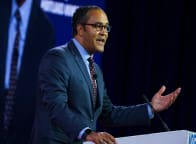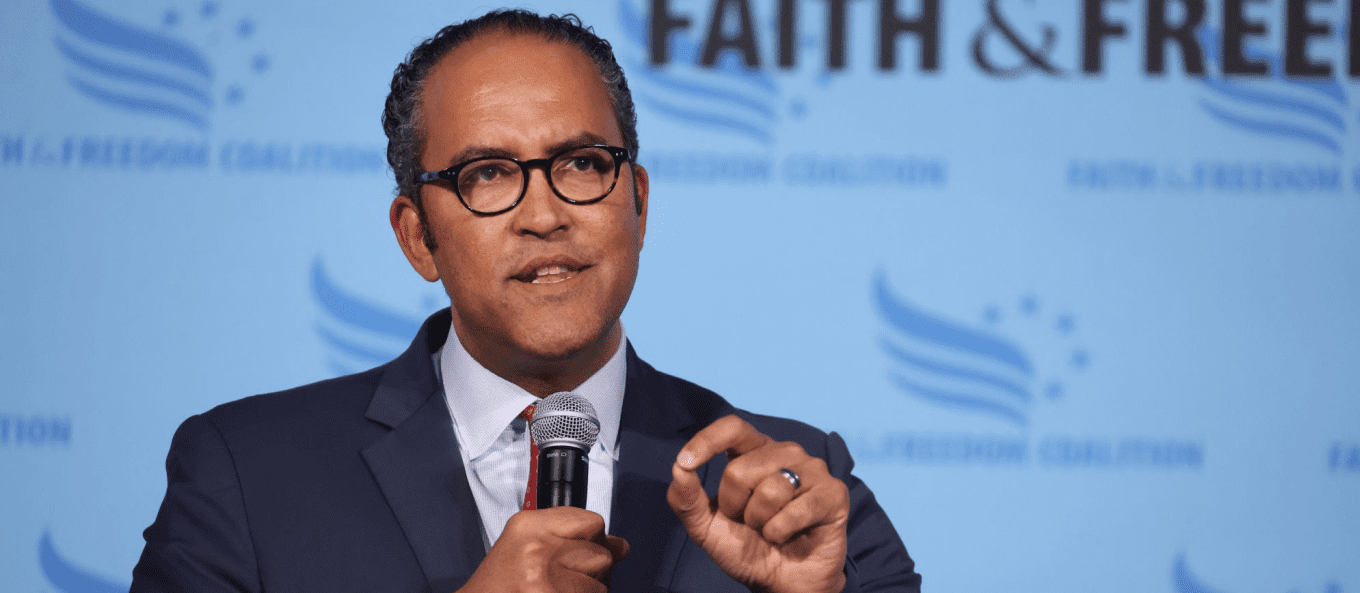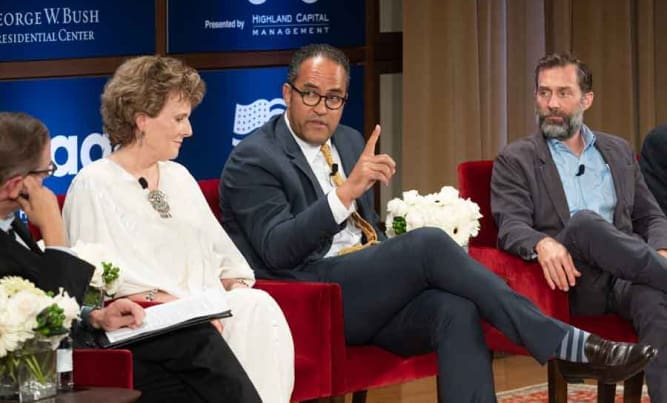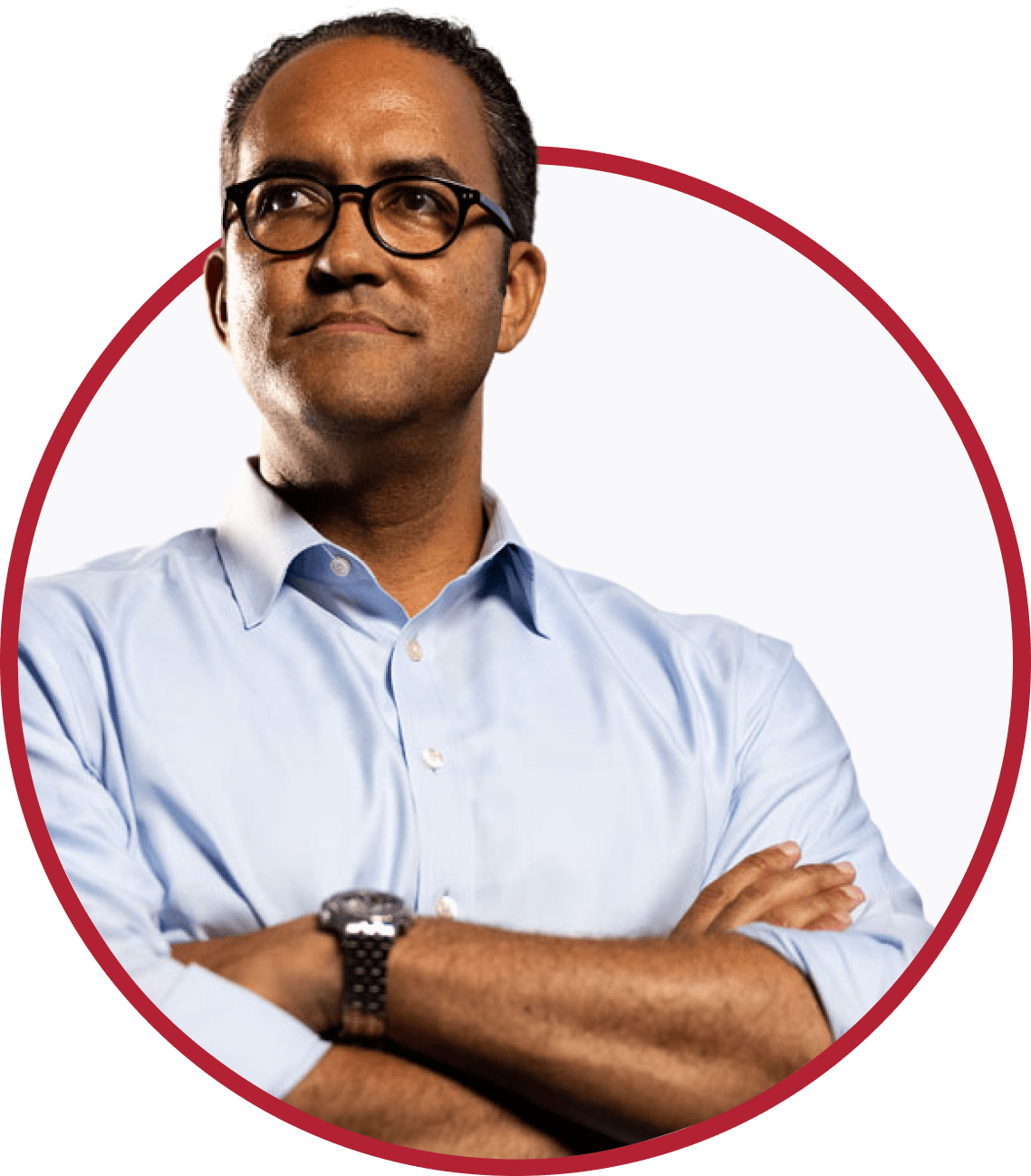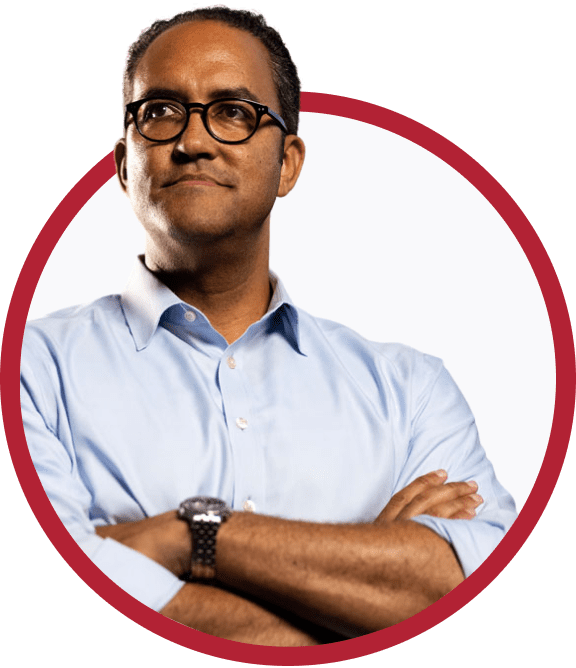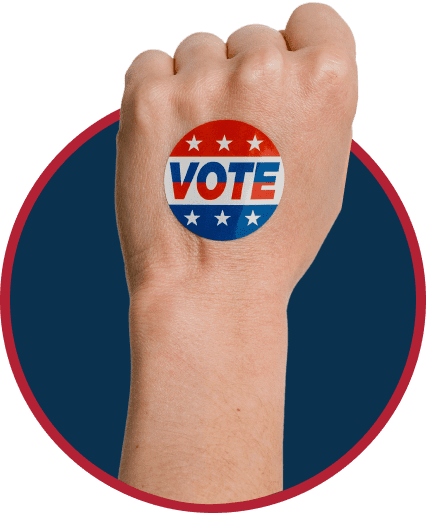To have a prosperous nation, individuals should have the freedom to choose where they go to school, where they want to live, which doctors they want to visit, what business they want to start, and, ultimately, who they want to be. To have an America like this, we need a domestic policy based on a simple reality — prosperity is a product of empowering people not the government.
A Domestic Policy Definition
Domestic policy is the aggregate decisions and actions taken by a government within its own borders. These policies can cover a wide array of issues, but generally fall into one of three categories:
- Social policy – the measures a government takes to ensure the well-being of its citizens.
- Economic policy – the ways in which a government manages its resources and regulates its economy.
- Regulatory policy – the rules and regulations that a government puts in place to oversee certain sectors of society, to protect the public or ensure fair practices.
Overall, domestic policy is about a government trying to create and maintain a society that is functional, fair, and prosperous for its citizens.
Some Domestic Policy Examples
Examples of social policy might include welfare programs, public health initiatives, educational reform or streamlining veterans affairs. Examples of economic policy involve the federal government setting tax rates, dealing with the debt ceiling, or enacting job creation programs. Examples of regulatory policy include when a government might regulate the safety of consumer products or the environmental impact of industrial processes or the establishment and protection of our national parks.
What Is the Difference Between Foreign and Domestic Policy
Since domestic policy refers to the decisions and actions taken by a government within its own borders, foreign policy is the sum of a government’s strategies and relationships it establishes with other countries.
We live in an interconnected and dangerous world. US foreign policy should be about leveraging our international relations to deal with our adversaries, such as handling rogue nations in the Middle East, or winning a new Cold War with the Chinese Government that is trying to replace us as the sole superpower in the world.
Foreign policy can affect domestic policy in several ways. Trade agreements can have an impact on domestic economic policy by affecting the flow of goods and services into and out of a country. Diplomatic relations can impact domestic security policy, if we need to increase military spending to ensure our safety from a hostile government or foreign threat. Foreign policy can also affect social policy. For instance, failure to address root causes of illegal immigration abroad leads to a crisis at our borders.
How Did the Cold War Affect Domestic Policy

Photo: People from East Germany greet citizens of West Germany at the Brandenburg Gate in Berlin after the fall of the Berlin Wall the month before, Patrick Hertzog – AFP via Getty Images (December 22, 1989)
We saw this interplay between domestic and foreign policy during the Cold War. The U.S. increased its military spending significantly during the Cold War in order to keep pace with the Soviet Union.
The fear of communism spreading within the U.S. led to the creation of the House Un-American Activities Committee tasked with “rooting out subversive elements within American society,” which turned into a government witch hunt run amok.
The Cold War even had an impact on U.S. educational policy, with the government pushing for more emphasis on math and science to compete with the Soviet Union in the “space race.”
We will not be able to project power abroad and handle international issues that affect us at home, if we don’t have our own house in order and vice versa.
What Is Domestic Policy Right Now?
Elected officials in the federal government and local governments are finally moving government agencies out of a position of responding to the COVID-19 pandemic and getting back to business as usual. Suffering through the COVID-19 taught us several lessons.
Lessons from the COVID-19 Pandemic

Photo: Visualization of the Covid-19 virus, Fusion Medical Animation via Unsplash (March 12, 2020)
We learned the importance of strong national leadership. The US response to the pandemic was criticized by many for lacking a cohesive national strategy, and for President Trump often downplaying the severity of the virus and his presidential responsibilities in handling the crisis in the early days. This arguably led to confusion and inconsistency in how different state and local governments responded to the crisis.
We learned the need for coordination on domestic policy between federal, state, and local governments. Different levels of government often struggled to communicate and work together effectively during the pandemic, leading to bottlenecks in the distribution of supplies, disagreements over lockdown measures, and other challenges.
We learned the importance of having a well-resourced public health infrastructure. Many public health experts argued that the US was unprepared for the pandemic, in part because of underfunding and cutbacks in public health programs over the past decade. This limited the nation’s ability to track and contain the virus early on.
Beyond the Pandemic -The State of Domestic Policy Under President Joe Biden

Photo: Official Photo of President Joe Biden, White House
The one thing that has characterized domestic policy during the Biden administration is inflation. The costs of everyday goods and services are rising faster than wages are increasing. The concern that President Biden and his policy experts will be unable to pursue an economic policy or an economic development agenda that will prevent the country from entering into a recession has led to almost two-thirds, 61% of voters, believing the nation is headed down the wrong track, according to Rasmussen polling conducted two weeks into 2023.
Crime is increasing in many of our cities, taxing law enforcement and creating potential public safety catastrophes. We have a continued crisis at our southern border because the Biden White House and his allies in Congress would rather use border security as a political bludgeon against their rivals than actually solve the problem.
Despite the passage of a bipartisan infrastructure bill, our bridges, roads and transportation corridors are still crumbling, and our digital infrastructure isn’t keeping up with the needs of an evolving lifestyle that requires us to be ever more connected.
With population growth slowing and a growing federal debt, seniors on social security and those close to retirement are worried about whether social security will be there for them in their twilight years.
We are at an inflection point where the rest of this century can continue being the American century or not. Whichever option becomes the reality of our future will have been influenced by the policy choices selected by our leaders at every level of government to shape the domestic issues we face today.
What Should U.S. Domestic Policy Be Based On?
I don’t care who you are, where you live, where you grew up, or who you voted for in the last presidential election, you have the same goals as everybody else:
- To put food on your table,
- To have a roof over your head, and
- To ensure that the people you love are healthy, happy and safe.
In the Pulitzer Prize-winning book Den of Thieves, former Wall Street Journal editor and author James Stewart wrote, “At the most basic level, American capitalism has flourished because everyone, rich and poor alike, has seen the marketplace reward merit, enterprise, innovation, hard work, and intelligence.” There are so many ways that quality of life for the American people has improved over the last fifty years. Just one example: According to the U.S. Census Bureau, in the fifty-year period from 1969 to 2019, when adjusted for cost of living, real median family income has increased 48 percent.
Capitalism Not Socialism

Photo: Images of Karl Marx (left) and Adam Smith (right)
Capitalism is an economic system in which private individuals or companies own and control the means of production, rather than the state. In a capitalist system, businesses compete to make a profit, and owners are free to invest their capital as they see fit. Our global economy is complicated and having a handful of elites in a faraway capital deciding the specifics of your future just doesn’t work.
Very real social issues like income inequality are too often weaponized against the bedrock systems that our country is built on, by framing those who haven’t benefited from American capitalism as the norm, rather than an unfortunate exception that should be given special attention and focus.
Because of this trend, some folks are looking for ways to replace our political, economic, and social systems with something new. The domestic policy agenda of the Democratic Party is increasingly being influenced by the disastrous concept of socialism, which over the past 100 years has been attempted more than two dozen times around the world and failed miserably.
Empower People, not the Government
We have social services like social welfare to battle poverty because not everyone has benefited. A Pew Research Center study conducted in 2020 showed that while there was more movement up the income ladder than down the income ladder, the wealth gap between America’s richest and poorest families more than doubled from 1989 to 2016.
Whether you want limited government or bigger government or whether you think tax cuts, new taxes, or tax increases should be part of domestic policy decisions, the federal government and local governments should be crafting domestic policy that works for you not the government.
Achieve Economic Growth, Full Employment and Stable Prices
The most important objective of U.S. domestic policy is to ensure the improvement of the quality of life for all Americans. The federal government has two primary tools in the toolkit to do this — fiscal policy and monetary policy.
- Fiscal policy refers to the executive branch’s attempts to influence the economy through use of taxes, spending, and borrowing.
- Monetary policy, on the other hand, refers to the actions of our central bank, the Federal Reserve, to influence the money supply and interest rates.
While President Biden has been consistently wrong about downplaying the executive branch’s role in fighting inflation, fiscal policy is as important as monetary policy when it comes to economic development. The goal of fiscal policy should be to achieve economic growth, full employment and stable prices.
Increase Access to Healthcare While Decreasing Its Cost
Why does an MRI cost $1,080 in the U.S. and $280 in France? Health care costs in the most successful democracy to have ever existed should be the lowest in the world. What gets lost in the uproar about efforts to bring health insurance to more people is that health insurance is not healthcare. More than a decade after the Affordable Care Act was signed into law, there are still millions of people who cannot access or afford quality healthcare. They may have received expensive insurance, but they do not have the financial resources to pay for treatment. Having government agencies make decisions on the kind of care an individual should receive is not the answer. The answer begins with introducing price transparency into the healthcare system so individuals know in advance how much the healthcare they need will cost.
Invest in Our Real Future
Why are childcare expenses taking an enormous chunk out of working parents’ paychecks—an average of 23%? The average cost for an infant in a childcare center is an astonishing $1,230 per month. For many parents, that’s more per year than the cost of a college education. The government can help ease this financial burden. The long-term solution to this problem is not President Biden issuing some kind of executive order. The solution is passing legislation that increases the child tax credit so that more Americans with kids get to keep the money that they’ve earned.
Build the Workforce of Tomorrow, Not yesterday

Photo: Author at a STEM based charter school in El Paso, TX
Why is our economy losing out on trillions of dollars in economic output because our kids are getting a poor education and can’t keep up academically with kids in other countries? Members of the National Economic Council have estimated that the U.S. economy could be almost 4 percent higher than currently projected over two decades if American students’ math and science skills were as good as the rest of the world’s. We don’t need a Domestic Policy Council report to tell us what to do; just start introducing coding into middle school so that every one of our kids has access to a skillset at a young age that will allow them to be successful in the jobs of the future that will be using technologies like artificial intelligence, quantum computing, and synthetic biology.
Secure Our Border

Photo: Migrants take shelter along the Del Rio International Bridge as they await to be processed after crossing the Rio Grande River into the U.S. from Ciudad Acuna in Del Rio, Texas, Adrees Latif – Reuters (September 19, 2021)
Ultimately, border security is about sovereignty. A country is able to enforce its laws and regulate what happens within its territory only if it can control its borders. By controlling who can enter and leave a country, border security helps protect citizens from potential threats by keeping track of who is coming in and out of the country.
President Biden is the worst border security president in the past two decades and President Trump is the second worst, because their polices have led to the worst border security crisis in our history. The steps needed to ease this crisis are clear:
- Stop treating everyone coming into our country illegally as an asylum seeker,
- Work with Central American governments to dismantle human smuggling networks,
- Streamline legal immigration,
- Strengthen the immigration courts to reduce backlogs, and
- Use our foreign assistance programs to address root causes in foreign countries that are encouraging illegal immigration to the U.S.
The only thing that is lacking is the political will to solve this problem.
Bottom Line
We are facing several monumental challenges that need to be addressed by our domestic policy. The world is getting weirder, requiring the entire planet to come to some agreement on climate change programs. The world is getting more dangerous, requiring the U.S and our allies to agree on a foreign policy that curbs our adversaries’ attempt to drastically change the new world order. The world is getting more complicated and interconnected, requiring the United States of America to show the kind of global leadership that it has since the end of World War II, leadership that has not only led to the uplifting of humanity, but to the American public enjoying a quality of life this planet has never seen. The way we are going to be able to transcend the current divisiveness that plagues our domestic politics is to empower the people of this great country, and not to concentrate power in the hands of the few that run the government.
First time reading? If you want rational takes on foreign policy, politics and technology then sign up below or click here for “The Brief.” It’s a twice a month email on things that aren’t being discussed but should – all in 5 minutes or less.

